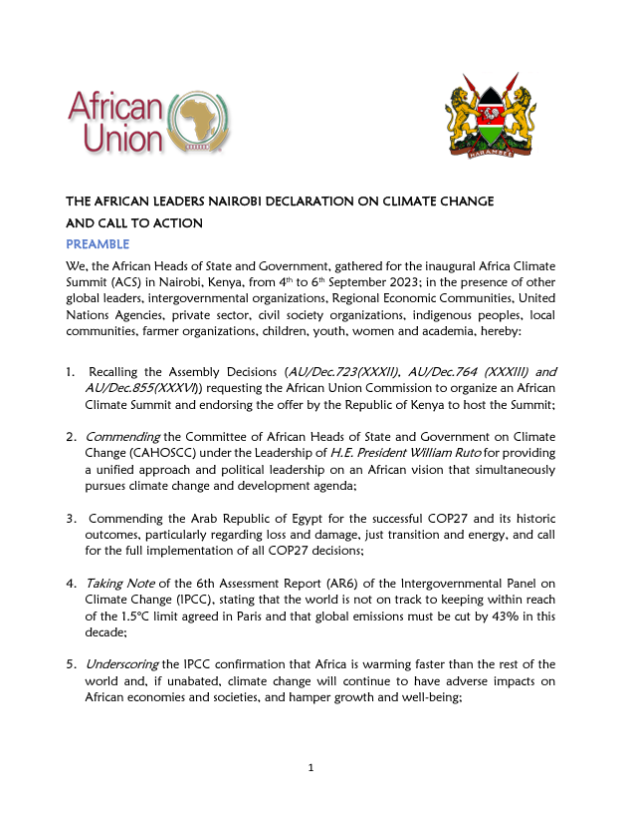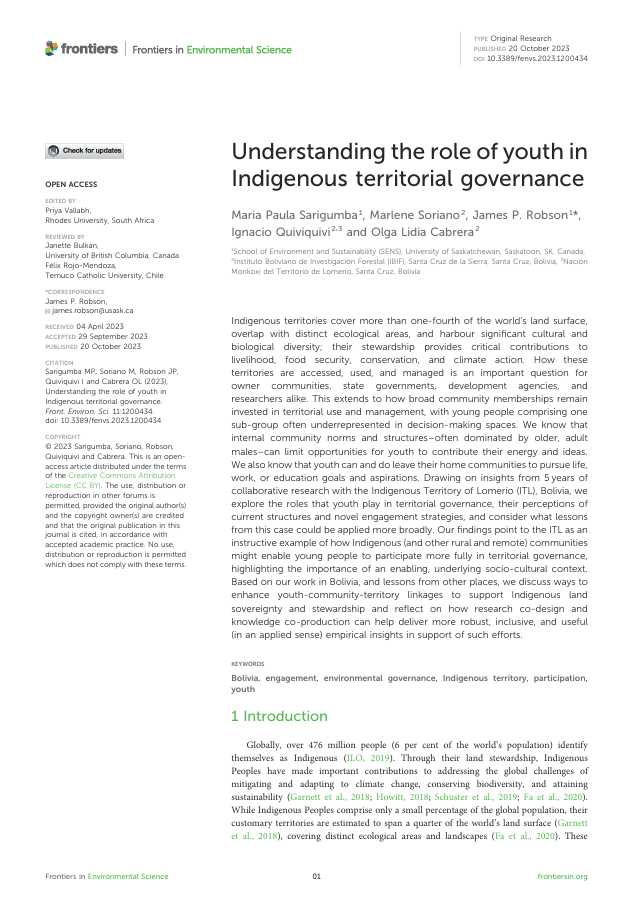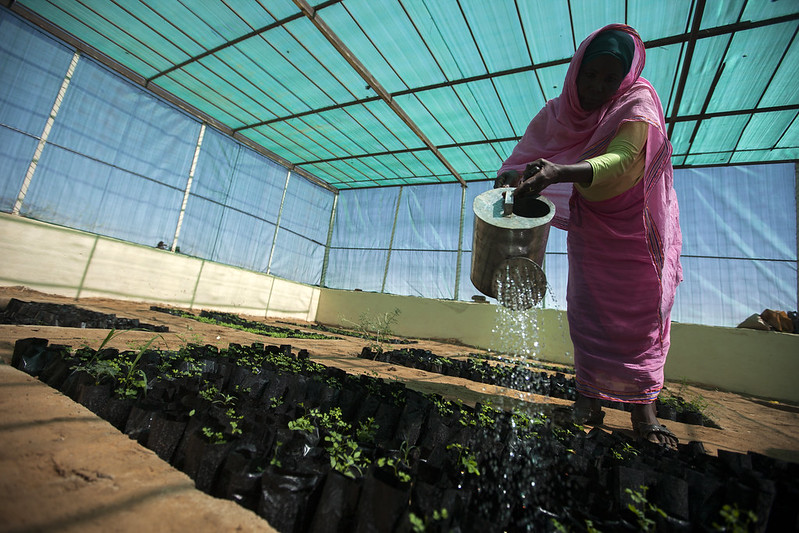Indigenous Peoples and Local Communities Forest Tenure Pledge Annual Report 2022-2023
This second Forest Tenure Funders Group (FTFG) annual report analyzes progress against the five-year, $1.7 billion commitment to the tenure rights and forest guardianship of Indigenous Peoples and local communities (IPs and LCs) in tropical forest countries announced at COP26.











